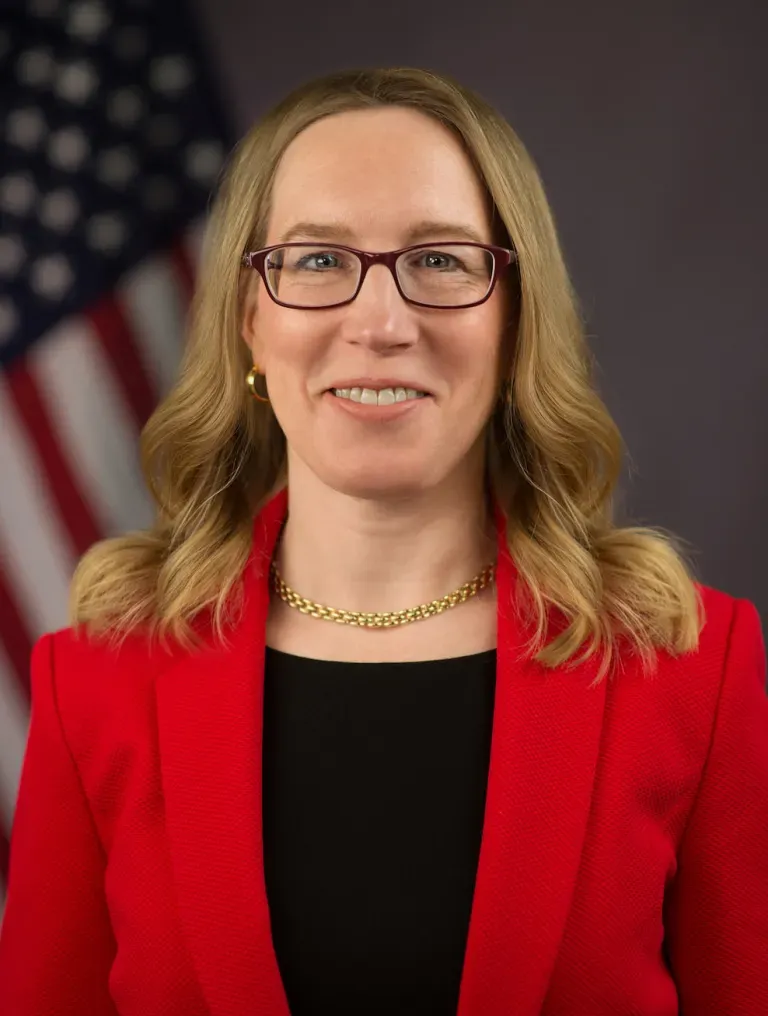New Regulations for Bitcoin ETF is required according to a proposal by SEC Commissioner Hester Peirce. In a post by Bitcoin.com, the SEC commissioner proposes relaxing the regulation around Bitcoin Exchange-Traded-Funds for a period of three years. This will apply to only certain Bitcoin ETF’s that have a minimum criteria.
At the Consensus 2019 conference in New York on Monday, SEC Commissioner Hester Peirce, also known as “crypto mom,” discussed the regulatory environment for bitcoin ETFs. Expressing her dissatisfaction with the current law, she asserted that the SEC should do more to provide a regulatory framework for cryptocurrency including rules around safe harbor. Decrypt quoted her as saying:
I thought the time was right a year ago — even longer than that … My first chance to comment on it was a year ago … Certainly the time is right, but there are still questions floating around the SEC that need to be answered as much as possible by you all.
Peirce then encouraged the audience to write to the SEC to help them understand the market. One issue she noted was market manipulation, which “is a concern that people keep raising at the SEC,” she shared. “Other issues like custody issues [also] come up a lot.”
Her comments at Consensus echo her speech at the Securities Enforcement Forum which took place on May 9. “The problem is that the securities laws do not cease to operate as a new industry develops,” she explained. “Consequently, individuals and companies in the industry must comply with our securities laws or risk becoming the subject of an enforcement action. It is therefore our duty as a regulator to provide the public with clear guidance as to how people can comply with our law. We have not yet fulfilled this duty.” The commissioner additionally described:
It is not the SEC’s overzealous action that has stifled the crypto industry, but its unwillingness to take meaningful action at all.
Peirce also expressed concern that the U.S. is falling behind other forward-thinking countries. “Our country has always been a country where innovation can really thrive,” she opined Monday. “I worry that a lot of the activities are now happening offshore. I want the US to be the market for innovation.”
The SEC staff recently issued a 14-page document detailing a framework to assist issuers with conducting a Howey analysis to evaluate whether token offerings are securities. It details features of an offering and actions by an issuer that could signal that the offering is likely a securities offering. Peirce expressed her worry, however, that this framework “could raise more questions and concerns than it answers.”
According to the Securities Exchange Act of 1934, the SEC can extend the time to make a decision on an ETF up to 240 days after the date of its publication in the Register. If the SEC has not made a decision after 240 days for any reasons, the ETF would be automatically approved.
However, Chervinsky explained that it is extremely unlikely the SEC will let such a decision go to automatic approval, noting that the SEC would likely have measures in place to avoid missing such important deadlines. Further, if a bitcoin ETF is automatically approved, it can easily be undone after the emergency that prevents the agency from making a proper decision is over. The lawyer elaborated:
The SEC doesn’t have the power to extend the 240-day deadline. The statute absolutely prohibits any further delays.



